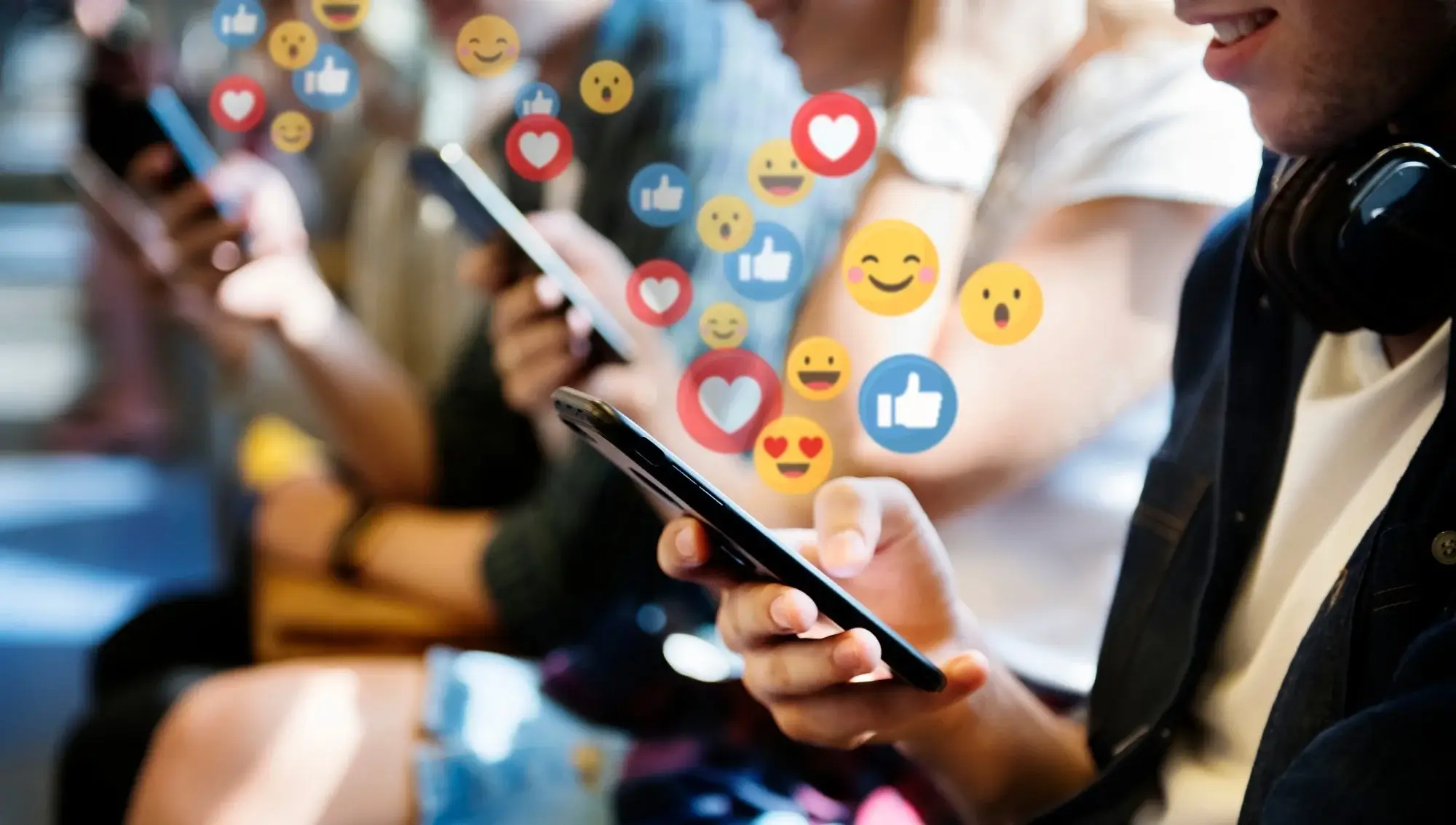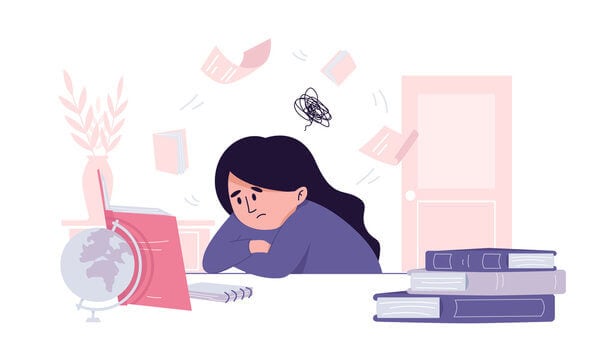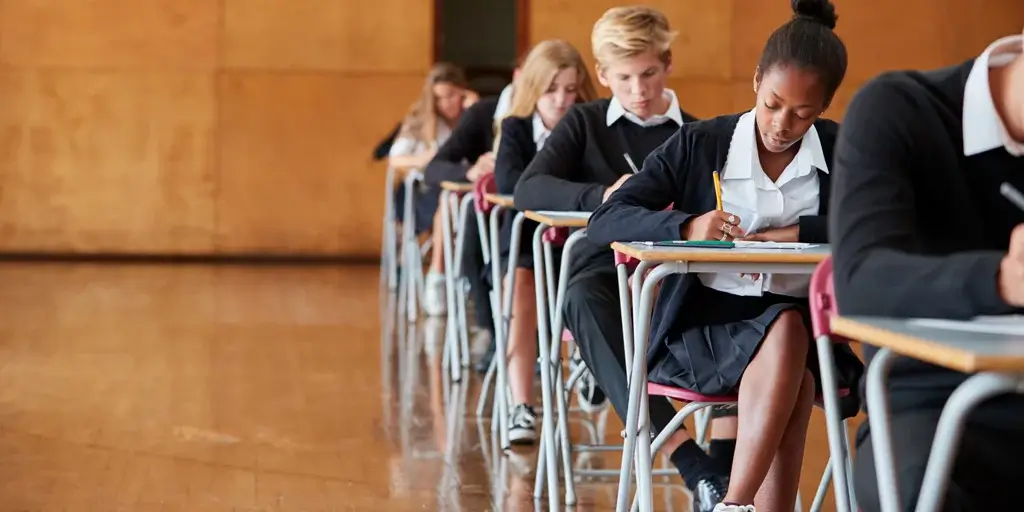Teens Online: The Impact of Social Media on Mental Health and How to Protect Them

As of 2023, up to 95% of adolescents aged 13-17 reported using a social media platform, with one-third reporting that they use it almost constantly. Despite 13 years of age being the average age restriction on most social media platforms, research from the USA highlights that nearly
40% of children aged 8-12 years use social media (OSG, 2023).
There is no denying that social media use is a prevalent and integral part of adolescent and
pre-adolescent society. For the youth of today, it is a necessary means of communication, gaining information, and socializing and since the COVID-19 pandemic when academic content moved heavily to online use, social media now also forms part of some studying methodologies. This has left parents and guardians with a difficult situation. On the one hand, you cannot avoid your child’s interaction with social media and on the other, there are many concerns about the mental health risks of social media with this specific age group.
Context Matters: The Teenage Brain in a Digital Era
For adolescents and pre-adolescents, ‘fitting in’ with friends is essential to their social survival. As adults, it can be difficult to understand why teenagers seem so easily embarrassed or obsessed with this concept. Why do they care so much about wearing the "right" clothes or being seen in the "right" places? Why do they shy away from being seen with their parents at social events? Parents often think, “The whole world isn’t focused on you, just relax!” when their teen worries that their new haircut is a disaster.
While these concerns may seem dramatic or exaggerated, recent neuroscience research has shown that during adolescence, the brain’s response to social rejection or perceived embarrassment is much stronger than in adults. In fact, the area of the brain that processes social pain is far more sensitive in teenagers, making social situations feel much more intense and emotionally charged for them.
When your teen says they feel like everyone is watching them, or when a small social mistake feels like the end of the world, they're not being dramatic. For most adolescents, their brain actually registers these moments as much more significant and intense than an adult brain would. Teenagers are neurologically hard-wired to want to fit in. Additionally, adolescence is a critical stage of psychological development where teens are separating from their family and forming closer bonds with their friends. Fitting in becomes essential during this period as they navigate this transition, making peer acceptance and social belonging especially important.
Lastly, we must remember that the adolescent brain is not fully developed. The prefrontal cortex, the part of the brain responsible for inhibiting risk-taking, reducing impulsivity, governing how we make social decisions, rational thinking and forward planning, is only fully developed in early Adulthood (around the age of 26). This is why teenagers have earned the reputation of being more impulsive, engaging in more risky behaviour and not always thinking through the consequences of their actions.
The neurological and psychological context of adolescence today is crucial, especially in an increasingly digital world. Teenagers are naturally driven to socialize and form their own identity and independence. Their brains are primed for social connection, and they are more sensitive to feelings of rejection and shame. At the same time, they are more likely to act impulsively and may not fully appreciate the long-term consequences of their actions.
Given this, the way adolescents interact with social media is shaped by these developmental factors. Social media has become the primary platform for their social lives, and this digital landscape significantly influences how they impact and are impacted by their social environments.
It’s Not All Bad:
In my practice, I’ve seen how social media can positively impact teenagers. It helps them connect with like-minded individuals, form supportive communities, and build friendships with those who share similar interests. Social media also exposes teens to diverse perspectives, encouraging them to engage with different ways of thinking and challenge their own beliefs, broadening their worldview and reshaping prejudices.
It has helped some teenagers find spaces to voice their opinions, express their feelings and play with their developing autonomy in contexts where perhaps those actions are not tolerated or encouraged. It has created spaces for community support through online care groups, for teens struggling with bullying, questions around sexuality or those feeling very isolated in their physical communities.
While these are significantly valuable contributions to the online world, there are also significant risks. In fact, Australia is currently proposing a world-first piece of legislation that would restrict social media access for anyone under 16 years of age (Sky News, November 7th, 2024).
Negative Impacts on Mental Health:
One of the biggest struggles mental health practitioners see is how social media distorts reality, creating idealized versions of life, relationships, body image and beauty. Setting unrealistic expectations and aspirations for the adolescent population, who are already so vulnerable to social comparison, feelings of rejection and shame.
Because the teenage brain is wired as it is, the constant influx of imagery, ‘reels/shorts’ and messaging that portrays unrealistic versions of life, through influencers or even friends known to your child, increases the risk of feeling inadequate. This creates an unsettling pressure: "How do I keep up with this?" — a task that often feels impossible. As a result, teenagers are forced to be highly selective about what they post, not only considering how it will appear to others but also knowing that it will be constantly scrutinized. As parents, we didn't grow up in a world where every action could be so immediately and publicly judged as it is for teenagers today in this digital age.
Given the heightened sensitivity to shame and rejection that teenagers experience, it's easy to understand why online affirmation or rejection carries such weight for them. This dynamic creates a paradox: while social media can intensify anxiety, the pressure to use it to fit in and belong makes it a constant part of their social lives. For many teens, this contradictory situation can lead to increased anxiety or low mood as they struggle to navigate the demands of digital connection.
A second concern with social media is its "always on" nature, creating anxiety for teens who feel pressured to stay up to date, post regularly, and receive feedback and validation. This constant connection can disrupt sleep, as many teens stay up late or wake up during the night to check for updates. The pressure to engage online can lead to anxiety, especially when faced with unwanted criticism or digital bullying. This constant exposure can damage self-esteem, erode confidence, and lead to social withdrawal, which over time may contribute to depression. Pre-teens are also at risk, with bullying occurring in exclusive WhatsApp groups where children are excluded or gossiped about. This exclusion can significantly impact their mood and sense of belonging.
Lastly, two other risk factors related to social media are worth mentioning. The fast-paced nature of content sharing on these platforms aligns poorly with the adolescent brain, which craves short-term rewards. Therefore, this can create an addictive cycle, where the enjoyment from online interactions quickly fades and needs to be constantly fueled. Additionally, the prevalence of imagery on social media increases the risk of pre-teens and teens encountering inappropriate content or sharing personal images that may be spread without their consent.
Adolescents are more prone to impulsive behaviour and may not fully consider the consequences of sharing private pictures of themselves. If these images go viral, it can be an incredibly traumatic experience that severely impacts their mental health. As adults, it is crucial to protect our children from these risks.
How Do We Protect Our Teens?
For younger teens, set content protections on their devices to limit inappropriate material and establish screen time limits, including breaks during holidays. Regularly check their phones, know who they’re speaking to, and familiarize yourself with the platforms they use.
Teach Digital Literacy: explain content algorithms, ensure privacy settings are active, and discuss how to handle cyberbullying and the consequences of sharing personal content.
Build trust by maintaining open, non-judgmental conversations about social media with your child. The more comfortable they feel discussing it with you, the more likely they are to seek guidance if something goes wrong.
Mental Health Red Flags to Look Out For:
If you’re concerned that social media may be affecting your child’s mental health, look out for these signs:
Social withdrawal: Avoiding friends or social activities
Loss of interest in previously enjoyed activities, like sports or hobbies
Increased isolation: Spending more time alone or secluded
Persistent or general sense of sadness, often appearing as exhaustion
Uncharacteristic irritability or angry outbursts
Rising anxiety about being online or keeping up with social media
Difficulty separating from devices, leading to interrupted sleep
A sudden drop in academic performance
Refusal to go to school or heightened anxiety about school
Should you notice any of these signs, it's important to consult a psychologist for guidance. You can talk to a professional at https://www.therapyroute.com/
References:
Office of the Surgeon General (OSG). Social Media and Youth Mental Health: The U.S.
Surgeon General’s Advisory [Internet]. Washington (DC): US Department of Health and
Human Services; 2023. Social Media and Youth Mental Health.
Available from: https://www.ncbi.nlm.nih.gov/books/NBK594759/
Sky News. Australia vows to ban social media for children under 16. Online article, 7th
November 2024, 09:30. Available from: https://news.sky.com/story/australia-vows-to-
Ban-social-media-for-children-under-16-13249769
Related Articles

From Distress to Success: 8 Tips to Help Your Child Overcome School Anxiety
School can be a source of stress for many children and adolescents, with various pressures triggering feelings of nervousness. Some of these are a normal part of
Read More

Managing Exam Stress: Essential Survival Tips for Parents
As parents, we know that a little bit of stress can actually be a good thing—it can motivate our children and help them focus during exams. This kind of
Read More

Family Dinner Time- Why is it Important for Your Child?
Life often feels like a whirlwind, with one task blending into the next. Between juggling jobs, school, and social activities, it’s easy to lose the chance to
Read More

We help families find their perfect tutor
Help your child improve their grades and get their confidence back.
GET A TUTOR